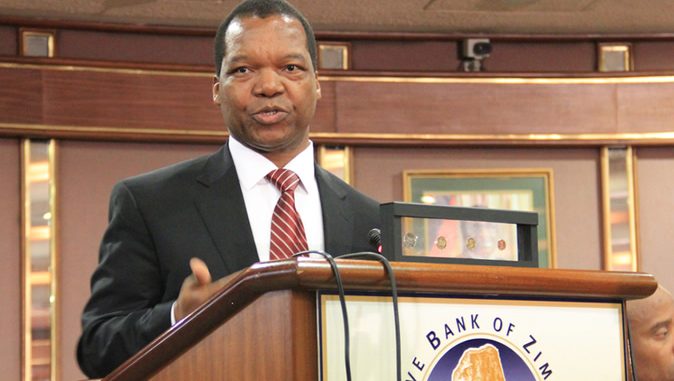Reserve Bank of Zimbabwe (RBZ) Governor, John Mangudya says the Medium-Term Lending Facility for micro, small and medium enterprises, individuals and the productive sectors will be increased in 2023 from the current limit of ZW$10 billion to ZW$20 billion.
He made the remarks in a statement announcing resolutions of the Monetary Policy Committee Meeting held on the 2nd of December 2022.
RESOLUTIONS OF THE MONETARY POLICY COMMITTEE MEETING HELD ON 2 DECEMBER 2022
The Monetary Policy Committee (the Committee) of the Reserve Bank of Zimbabwe (the Bank) met on 2 December 2022 to discuss the macroeconomic and financial developments in the economy and their implications on monetary policy as well as the general economic outlook.
The Committee expressed satisfaction with the positive impact of the recent policy measures on macroeconomic stability and economic performance and noted the need to sustain the gains realized so far.
The Committee also noted the progressive decline in monthly inflation, from a peak of 30.7% in June 2022 to 1.8% in November 2022, which has seen annual inflation falling from 285% in August 2022 to 255% in November 2022.
The Committee was pleased with the improved business confidence owing to the prevailing stability in the economy.
Against that background, the Committee unanimously agreed to stay the course of a tight monetary policy until the first quarter of next year and resolved as follows:
i. to maintain the Bank policy rate and medium-term lending rate at current levels of 200% and 100%, respectively, and to review the interest rates in the first quarter of 2023 as dictated by inflation developments;
ii. to further liberalise the foreign exchange market in the first quarter of 2023 and to enhance efficiency in the operation of the foreign exchange auction system and the willing-buyer willing-seller foreign exchange mechanism;
iii. to continue supporting the productive sectors of the economy through the Medium-Term Lending Facility (which the Bank will increase in 2023 from the current limit of ZW$10 billion to ZW$20 billion) under which micro, small and medium enterprises, individuals and the productive sectors of the economy can borrow at interest rates applicable from time to time; and
iv. to review the foreign currency retention thresholds on exports and domestic FCAs during the first quarter of 2023 in line with improved efficiency of the foreign exchange trading systems in order to sustain the current growth trajectory in foreign currency receipts.
The Committee expressed satisfaction with the continued close coordination of fiscal and monetary policies in stabilising the economy and noted that this was a necessary precondition for sustaining the current disinflationary process and a bedrock for sustainable growth of the economy.
The Committee expects that the economy will grow by 4% in 2023 and that inflation will remain stable at below 3% per month throughout the year.
John P Mangudya
Governor














